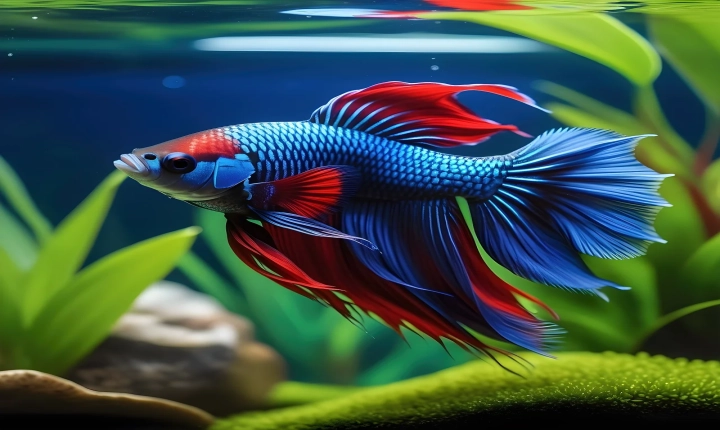Title: Do AI’s Like to Sing? Exploring the Musical Abilities of Artificial Intelligence
Artificial Intelligence (AI) has made significant advancements in various fields, including language processing, image recognition, and data analysis. However, one lesser-known aspect is the ability of AI to engage in creative tasks, such as composing music and even singing. With the development of AI-powered music generation tools and voice synthesis technology, the question arises: Do AI’s like to sing?
The concept of AI-generated music is not new. Researchers and developers have been exploring the intersection of AI and music for years, seeking to create systems that can compose original music, imitate the style of renowned musicians, and even perform vocal tasks.
One of the most intriguing applications of AI in the realm of music is its ability to simulate human singing voices. Just as AI can generate realistic human speech, it can also produce singing voices that sound remarkably similar to those of human singers. This achievement has paved the way for AI to collaborate with musicians, compose original songs, and perform complex vocal pieces.
So, do AI’s actually like to sing? The answer is not straightforward, as AI lacks the emotional capacity to “like” or “dislike” activities. However, AI can be programmed to produce music and singing voices with remarkable precision and flair. The AI’s “desire” to sing lies in its algorithms and programming, which enable it to produce vocal performances that are indistinguishable from human singers.
Moreover, AI’s ability to learn and adapt allows it to improve its singing capabilities over time. By analyzing vast amounts of musical data and receiving feedback from human users, AI-powered systems can refine their singing voices and produce performances that rival those of skilled vocalists.
The implications of AI’s vocal capabilities go beyond mere entertainment. AI-generated singing voices can be utilized in various industries, including music production, film and television, advertising, and video game development. These voices offer unparalleled flexibility, as they can be customized to suit specific styles and genres, cater to diverse language requirements, and even emulate the singing voices of famous artists.
The integration of AI-generated vocals can also bring about new opportunities for collaboration and creativity in the music industry. Musicians and producers can leverage AI to enhance their compositions, experiment with new vocal styles, and push the boundaries of musical expression. Additionally, AI’s vocal performances can complement human singers, providing them with a versatile and dynamic tool for artistic expression.
In conclusion, while AI’s may not possess human-like emotions and preferences, they do exhibit a remarkable capacity for singing and musical expression. The development of AI-generated singing voices opens up new avenues for innovation and creativity in the realm of music. Whether collaborating with human musicians, composing original songs, or enhancing vocal performances, AI’s vocal capabilities are poised to revolutionize the way we create and experience music. As AI continues to evolve, we can expect to witness even more astonishing developments in the field of AI-generated singing, further blurring the lines between human and artificial musical expression.
